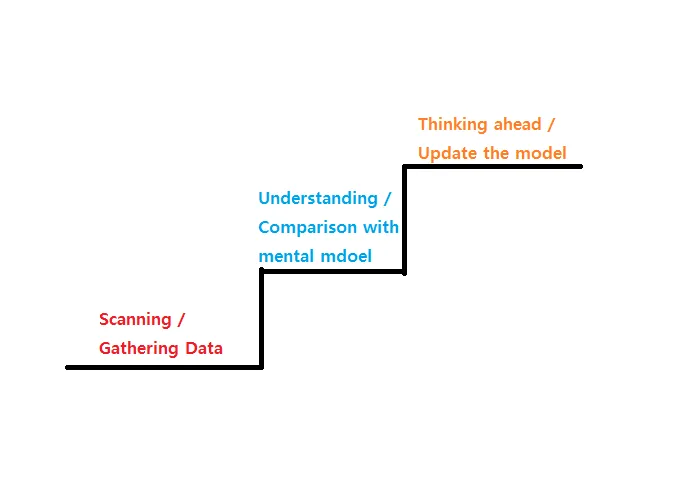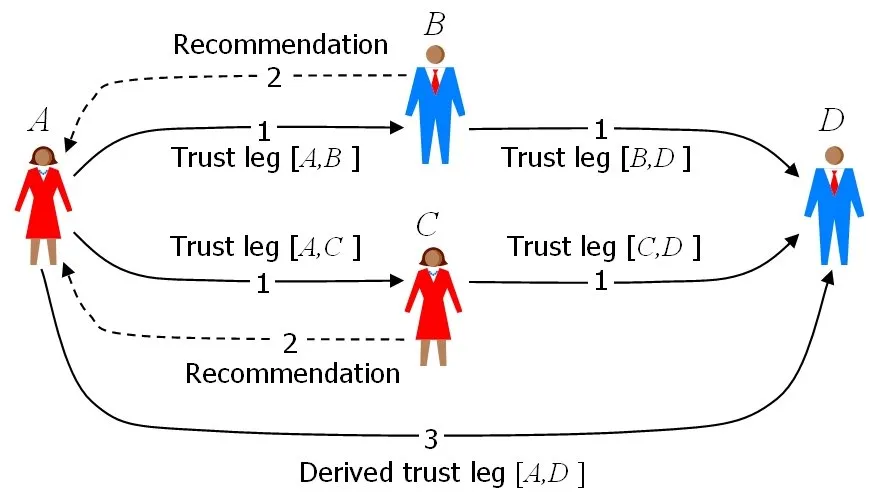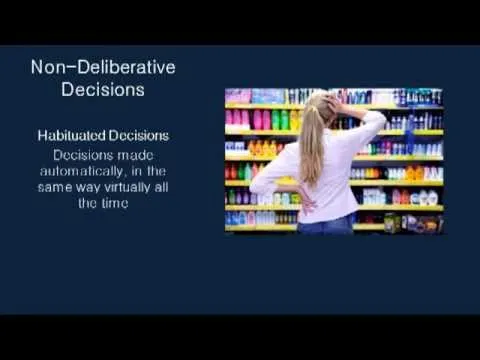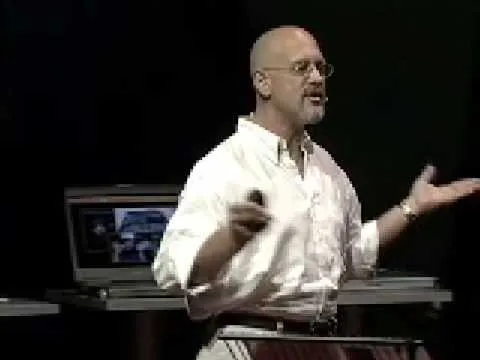The problem of ignorance (information poverty) and ideas on how to reduce it's negative effects
We see ignorance everywhere. The destructive effects of human ignorance are inescapable and all humans are effected by the decisions of other humans. As a result, I am presenting a case where human beings should avoid judging each other on mistakes made in the past but instead should focus on avoiding mistakes in the future. In addition, adding a focus on using technological means to supplement the social methods of mistake avoidance.
Living through other people's ignorance
Even if we accept our own ignorance and the destructiveness it may cause, it does not change the fact that problems we may deal with in our life may be the result of other people's ignorance. The ignorant decisions of others can impact us as much as our own decisions. The problem is twofold, where in some cases we have the willfully ignorant and in other cases we have the involuntarily ignorant. The involuntarily ignorant are not ignorant by choice but remain ignorant because they do not have access to knowledge, or because they lack the ability to process the implications of their decisions. The willfully ignorant are aware of the consequences of their decisions but do not care how their decisions effect others or in some cases out of malice are deliberately trying to damage others.
Learning from our own mistakes
We see ignorance everywhere but few people seem retrospective, are willing to look at themselves, and see their own ignorance. The ability to understand our own limitations is the first step toward transcending those limitations and it is what separates humans from other species. Human beings have learned to make tools to compensate for and transcend our innate natural abilities. It must be recognized that all human beings make mistakes out of ignorance, whether it be ignorance of so esoteric law, or of the common interpretation of esoteric law, or ignorance of social norms, or just ignorance with regard to the quality of a product purchased.
This ignorance is due to information asymmetry in many cases. This information asymmetry results in information rich and information poor definitions which I'll use to refer to the hierarchy of access to information within a social network. Wealth is not necessarily money but is assets and information is an asset granted to those who have the best access to it. Earlier access to certain information can allow a rational individual to avoid mistakes, to mitigate their risks, while others who receive late access may be forced to accept higher risks and live with damaging mistakes.
Learning from the mistakes of others
It's important to learn from the mistakes of others as a way to avoid the same pits, traps, or mistakes that others have made. People who have been in a similar environment as ourselves for a long period of time may have experiences which can be learned from. These people may not always spell it out for us telling us what their experiences are so in many instances we may have to use our own abilities of deduction to piece scenarios together. In some cases we may only have a clue, but it's these clues which allow us to detect patterns, and if we can see that certain behavior patterns lead to negative outcomes in certain environments then we can use deduction alone to find the possible mistakes made by others.
Avoiding mistakes from a consequentialist perspective
If you are a consequentialist then you recognize that there is no absolute list of right and wrong actions or fixed paths to success. What we can figure out as consequentialists is that certain actions are of greater risk than others, of greater benefit than others, fit into our priorities or preferences better than others, and we can create our preferred options ranking based on that.
Example 1.
As an example, suppose you prefer to avoid prison, make lots of money, and be respected/loved? If you have these preferences then you would have to give ordinal precedence to the behaviors and lifestyle choices which you deem is most likely to allow you to reach that. If you for example break certain laws then you can know that the consequences for breaking certain laws are much more severe than others which means a much higher likelihood of a long prison sentence if you get involved in it. If you do certain behaviors or activities and get caught then you may know it could be harder for you to be respected or loved by the people you admire in the future. As a result you may decide that it's not in your interest socially to alienate yourself by adopting behaviors which would insult your group, whether it be your friends, your family, or complete strangers you want to impress.
Example 2.
In this example suppose it is your goal to be famous, to be rich, to be loved by as many people as possible? If you have these goals then as a consequentialist you will have to set your priorities according to how people think of you on your stage. Stage meaning the place where you are most known, so an actor would have a movie career, an artist would have the art world, the political would have the political stage, but in general if someone is famous, a celebrity, or trying to be liked in their community then they are on a stage. Celebrities must appeal to their audience but it may not only be for money, but also for social reasons. People in general love to be loved, and consequentialists are no different.
The same general process would go into decision making. The consequences we want are what would help us to set our priorities for behaviors. The consequences we don't want are what would also help us set our priorities for behaviors. Some behaviors are very likely to lead to consequences that we don't want, and these behaviors are considered very high risk. Very high risk behaviors which also are of very low reward would in most cases be seen by a rational consequentialist thinker as ignorant or stupid, but how would someone even be able to measure risk if there isn't access to enough information to be aware of the risks in an environment?
Situation awareness and limited perspective

So how does anyone avoid mistakes? The point of these two examples were to show that what is or isn't a mistake depends entirely on the preferred outcome of the individual. In this case from a consequence based perspective the only way to determine if a choice or decision was a mistake is to analyze the outcome after the decision has been made.

Ignorance comes in as a result of the fact that there is a fog, where an individual can only be aware of so much at any given time, and all consequences cannot be seen from the first person perspective. There are ways to mitigate this but they require having advisers who can be trusted.
The trusted adviser approach

One approach which I use myself is that I do not make all of my decisions by myself. I recognize that my perspective on any situation is rather limited and I seek out advice from individuals who care about my fate or who have a stake in my future. These individuals act as an external mind for me so that I can avoid bad decisions. In exchange, I also give the same kind of advice to others when I'm the one in the position to have the knowledge first.

In this way it is possible to mitigate at least some of the risks of being information poor but it also introduces additional risks. How can you know for certain that your advisers can be trusted? Because your advisers are humans, and humans can be easily corrupted, how do you know some of your advisers are not spies trying to goad you into making bigger and more frequent mistakes? On this point, it's a highlight to the flaw of having only human advisers.
Mitigating the risk of human advisors by using intelligent agents

And this is where intelligent agents come in. Intelligent agents do not have to be human and do not have to come with the same risks. These advisers can give you suggestions or recommendations based entirely on algorithms, acting as a learning conditional preference network, a decision support engine, or a moral search engine. These services are the services human advisers typically provide so that human beings can avoid mistakes but these are also services which can be provided in a lot of cases by artificial intelligence and in a way where you do not have to trust the adviser not to be a spy or to have hidden motives.
References
- https://en.wikipedia.org/wiki/Ignorance
- https://en.wikipedia.org/wiki/Situation_awareness
- https://en.wikipedia.org/wiki/Bounded_rationality
- https://en.wikipedia.org/wiki/Trust_metric
- https://en.wikipedia.org/wiki/Subjective_logic
- https://en.wikipedia.org/wiki/Ignorantia_juris_non_excusat
- https://en.wikipedia.org/wiki/Veil_of_ignorance

